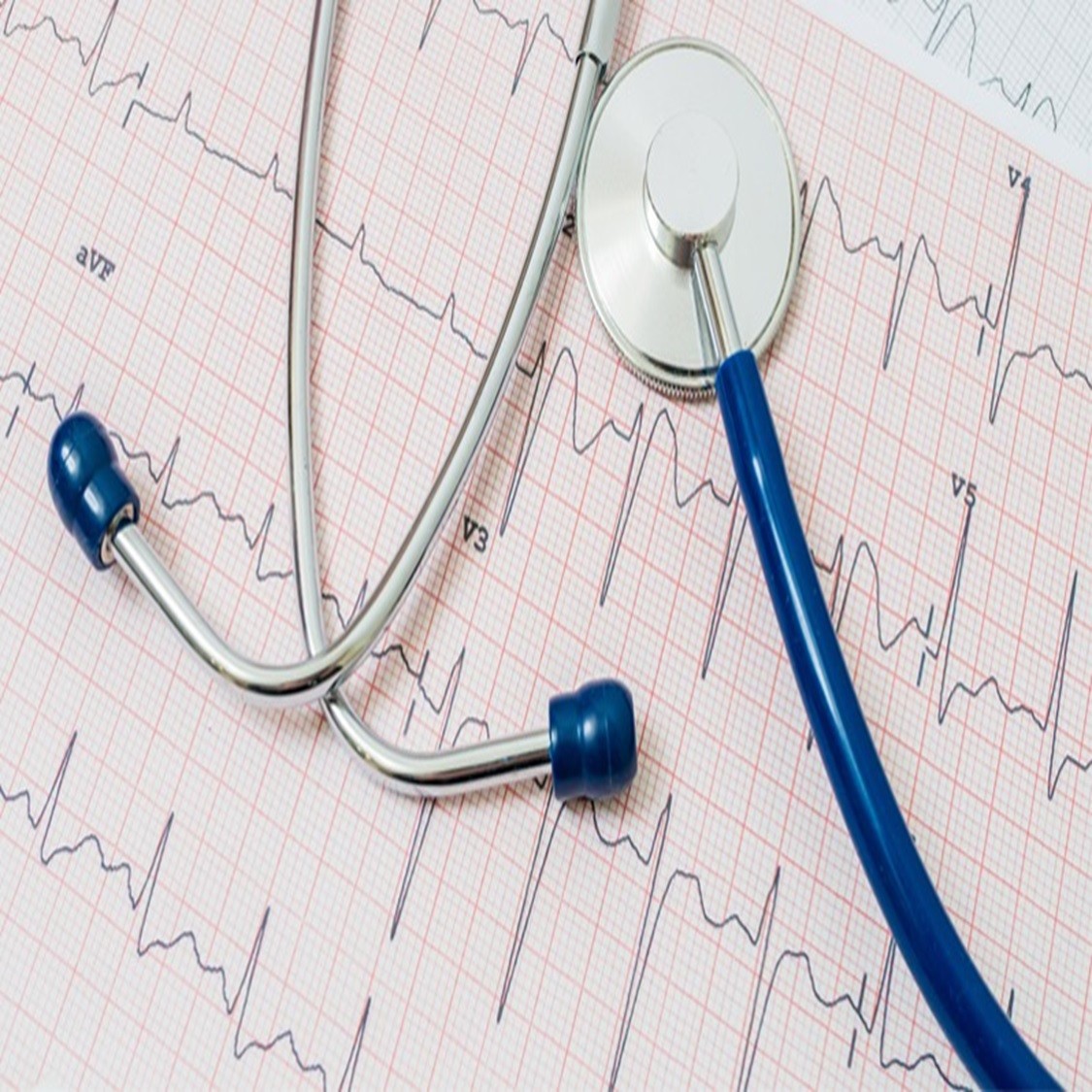Blood Pressure Monitoring
Blood pressure is an important cardiovascular disease risk factor. If your blood pressure is too high, it can increase your chances of developing heart disease, stroke, diabetes, kidney failure, eye disease, and other cardiovascular disease such as heart failure.
Your blood pressure measurement is made up of two parts:
1. Pressure in the artery as the heart contracts is called
systolic pressure – the top number
2. Pressure in the artery when the heart is between beats called diastolic pressure – the bottom number
High blood pressure or hypertension is defined by your systolic pressure being higher than 140 mmHg and/or your diastolic pressure being higher than 90 mmHg, however, your doctor may set you a different target blood pressure based on your circumstances. Generally speaking, if your blood pressure is lower, your cardiovascular risk is lower. You often don’t present with any symptoms if you have high blood pressure, which is why it’s important to check; however, some people with high blood pressure may experience headaches and/or dizziness.
Causes of high blood pressure aren’t
always clear but some
risk factors may include:
· A diet high in salt
· Diabetes
· A family history of high blood pressure
· Being overweight
· Smoking
· Lack of exercise
· High alcohol consumption
Our qualified
and friendly staff can measure
your blood pressure
to tackle some of these risk factors and arrange a doctor consultation should your health check present any warning signs.
Cholesterol
Cholesterol is a waxy substance found in the fats in everybody’s blood. Having some cholesterol in your blood is necessary to build new cells and make essential hormones. However, if cholesterol levels become too high, it can start to clog up important blood vessels that supply the heart and brain. There are no symptoms of high cholesterol levels – until a major event such as a heart attack or stroke.
Our qualified
staffs can measure your total cholesterol level in the pharmacy to let you know
where you stand and refer you to your doctor if levels are outside the normal
range.
 Home
Home
